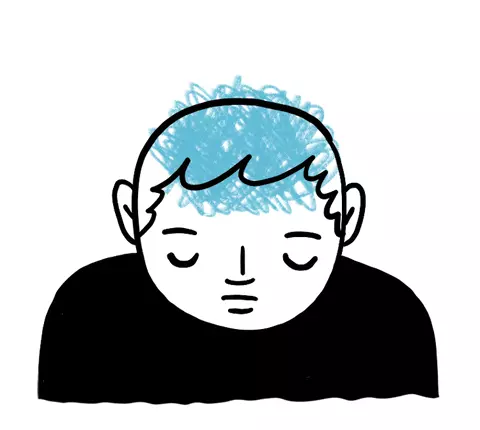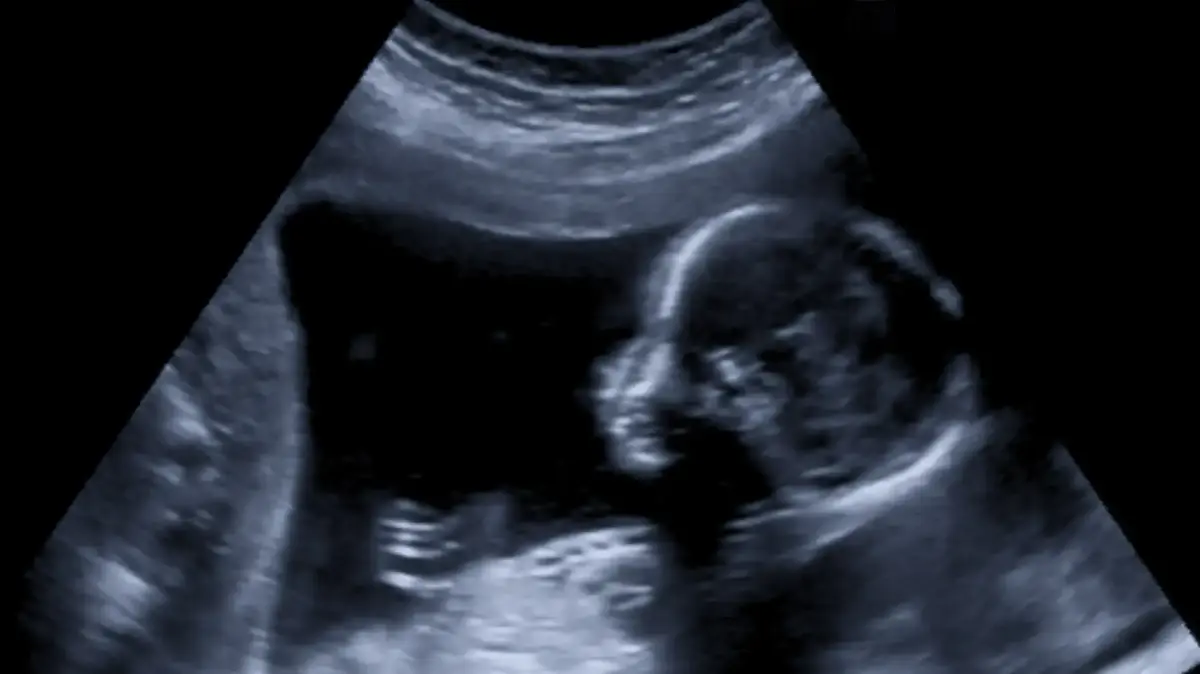Extroverted or sensitive?
Your character can determine how the brain will age
Our character and personality traits are what we need to live with all our lives, for better or worse, but it turns out that some of them have the ability to determine how our brain will age as we grow older.
Walla!
health
24/04/2022
Sunday, 24 April 2022, 08:01 Updated: 08:59
Share on Facebook
Share on WhatsApp
Share on Twitter
Share on Email
Share on general
Comments
Comments
Five things you may not have known about the brain ("Do not miss" system)
Certain personality traits may be a key factor in whether people develop mild cognitive impairment later in life, a new study has found.
Being more conscientious and extroverted prevents easier cognitive impairment, while higher levels of neuroticism increase the chances of cognitive decline, according to a study published Monday in the Journal of Personality and Social Psychology.
More on Walla!
It is the factor from childhood that determines how your brain will function when you grow old
To the full article
"Personality traits reflect relatively persistent thinking and behavior patterns that may cumulatively affect involvement in healthy and unhealthy behaviors and thought patterns throughout life," said editor-in-chief Tomico Yonda, a postdoctoral fellow in psychology at the University of Victoria in Canada.
“Accumulation of lifelong experiences may contribute to susceptibility to certain diseases or disorders, such as mild cognitive impairment, or contribute to individual differences in the ability to withstand age-related neurological changes,” she said.
Features that affect the brain cumulatively.
Brain ultrasound (Photo: ShutterStock)
Although this connection is seen in clinical practice, it is difficult to know what "chicken or egg" is, Dr. Richard Isaacson, director of the Alzheimer's Prevention Clinic at the University of Florida Atlantic Brain Health Clinic, told CNN. "For a person to develop cognitive decline or Alzheimer's disease, or there may be more of a direct biological role associated with early pathology of the disease," said Isaacson, who was not involved in the study
.
Contemplation and worry are related to smaller brain volumes, "he added." It is not clear if the path of pressure / nerve inflammation drives it.
"A biological marker does not really exist for it, so it is difficult to prove it."
More on Walla!
The secret with which you can make the brain a decade younger
Getting down on yourself all the time?
This is what it says about your brain
The "new attention deficit disorder" is creating a storm in the scientific community
Is it possible to get rid of cataracts?
Discover the most effective and safe method
The study, which was based on the "five major traits" - traits that have a significant effect on a person's personality and behavior, showed that people with a high score on conscience or a low score on neuroticism were significantly less likely to develop mild cognitive impairment during the study, said Yonda .
All six additional points a person has accumulated on the conscience scale are "associated with a 22 percent reduction in the risk of transitioning from normal cognitive function to mild cognitive impairment," Yonda said.
This means that an 80-year-old with a high conscience will live an additional two years without cognitive problems compared to those who received a low score for the same trait, the study said.
Being extroverted and socially involved seems to offer another year of life without dementia, the study said.
It also strengthened a person's ability to restore normal cognitive function after receiving a previous diagnosis of mild cognitive impairment, perhaps due to the benefits of socialization (friendship).
However, as neurotic levels increased, so did the risk of cognitive decline: all seven additional points on the scale were "associated with a 12 percent increase in risk," Yonda said, which could translate into a loss of at least a year of cognitive health.
health
news
Tags
brain
character
psychology
Alzheimer's













